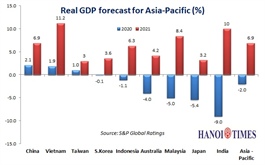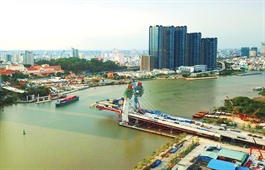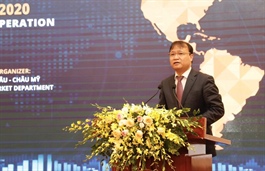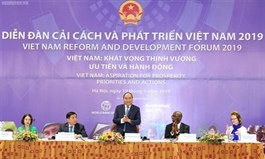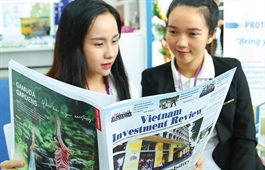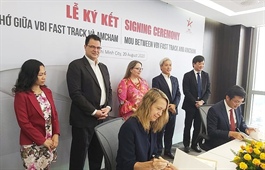Vietnam agrees to establish WTO informal working group on trade, gender
Vietnam agrees to establish WTO informal working group on trade, gender
Vietnam and a number of member states of the World Trade Organisation (WTO) agreed to establish an informal working group on trade and gender during an online meeting at the level of ambassador and head of delegation in Bern, Switzerland, on September 23.
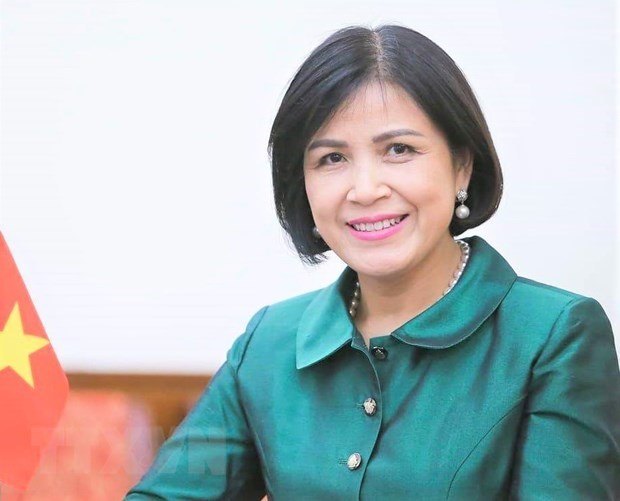
Ambassador Le Thi Tuyet Mai (Photo: VNA)
|
Vietnam and a number of member states of the World Trade Organisation (WTO) agreed to establish an informal working group on trade and gender during an online meeting at the level of ambassador and head of delegation in Bern, Switzerland, on September 23.
Ambassador Le Thi Tuyet Mai, Head of the Permanent Mission of Vietnam to the UN, WTO, and other international organisations in Geneva, affirmed that as a member of the Buenos Aires Declaration, Vietnam supports the establishment of the working group, which is aimed at improving women’s participation in international trade, especially amid the COVID-19 pandemic.
Vietnam always attaches great importance to incorporating gender equality into law building and enforcement, adopting inclusive development policies, facilitating women’s participation in business activities and international trade, and encouraging the development of female entrepreneurs, she said, adding that it wants to learn from other countries’ experience in such matters and stands ready to join in the working group’s activities.
Dorothy Tembo, Executive Director ad interim of the International Trade Centre and Co-Chair of the International Gender Champion’s Trade Impact Group, noted that the next step is how to expand the participation of WTO member states in the Buenos Aires Declaration, which now has 127 member nations.
Members of the Buenos Aires Declaration 2017 vowed to share their experience to encourage women’s participation in national and international economies through the WTO, via information exchanges and voluntary reporting during the WTO trade policy review process.
They also pledged to share best practices for conducting gender-based analysis of trade policies and for the monitoring of their effects, share methods and procedures for the collection of data and analysis of gender-focused statistics related to trade, work together with the WTO to remove barriers for women’s economic empowerment, and ensure that Aid for Trade supports tools and know-how for analysing, designing, and implementing more gender-responsive trade policies.


